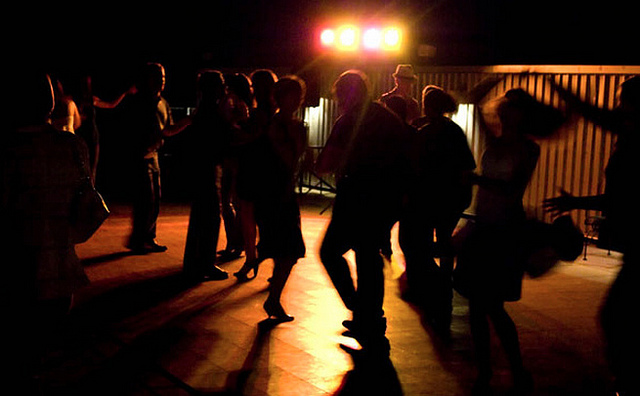Second post for my Love and Afrofeminism series for BITCH Magazine: "That my girl could mindlessly shimmy onto a dance floor even as a gay woman and enjoy the simple pleasure of a dance, go out with her straight friends to bars and not be stared at or called names,…
Afrofeminism - Blog - Gender and LGBT Issues - Love and Afrofeminism - Special Series - The Political, Personalized - Writing and Guest Blogging
